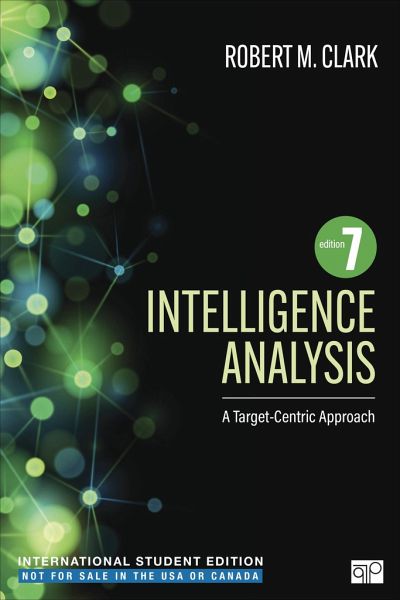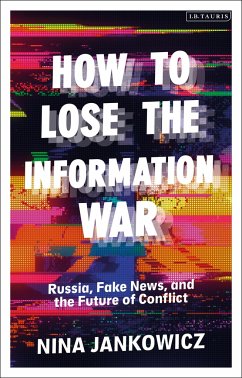
Intelligence Analysis - International Student Edition
A Target-Centric Approach
Versandkostenfrei!
Versandfertig in 6-10 Tagen
96,99 €
inkl. MwSt.

PAYBACK Punkte
48 °P sammeln!
Now in its Seventh Edition, Robert M. Clark's Intelligence Analysis: A Target-Centric Approach once again delivers a consistent, clear method for teaching intelligence analysis, demonstrating how a collaborative, target-centric approach leads to sharper and more effective analysis. In addition to looking at the intelligence cycle, collection, managing analysis, and dealing with intelligence customers, the author also examines key advances and emerging fields like prescriptive intelligence. Through features like end-of-chapter questions to spark classroom discussion, this text combines a practi...
Now in its Seventh Edition, Robert M. Clark's Intelligence Analysis: A Target-Centric Approach once again delivers a consistent, clear method for teaching intelligence analysis, demonstrating how a collaborative, target-centric approach leads to sharper and more effective analysis. In addition to looking at the intelligence cycle, collection, managing analysis, and dealing with intelligence customers, the author also examines key advances and emerging fields like prescriptive intelligence. Through features like end-of-chapter questions to spark classroom discussion, this text combines a practical approach to modeling with an insider perspective to serve as an ideal and insightful resource for students as well as practitioners.












